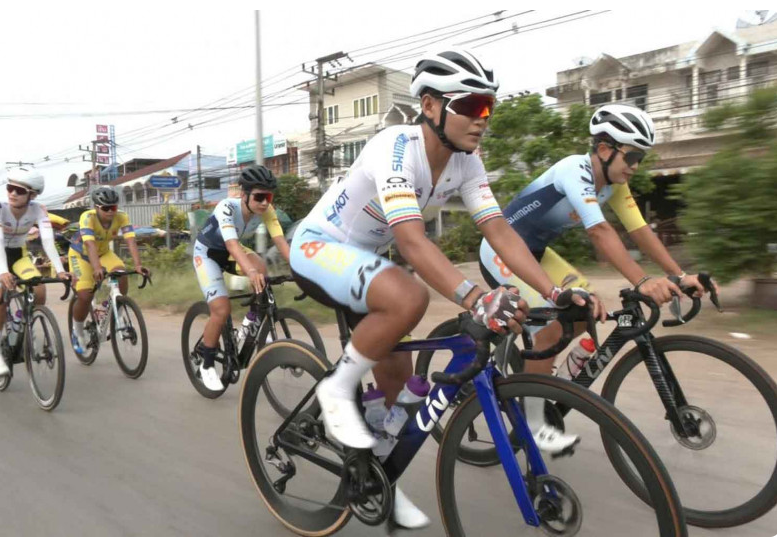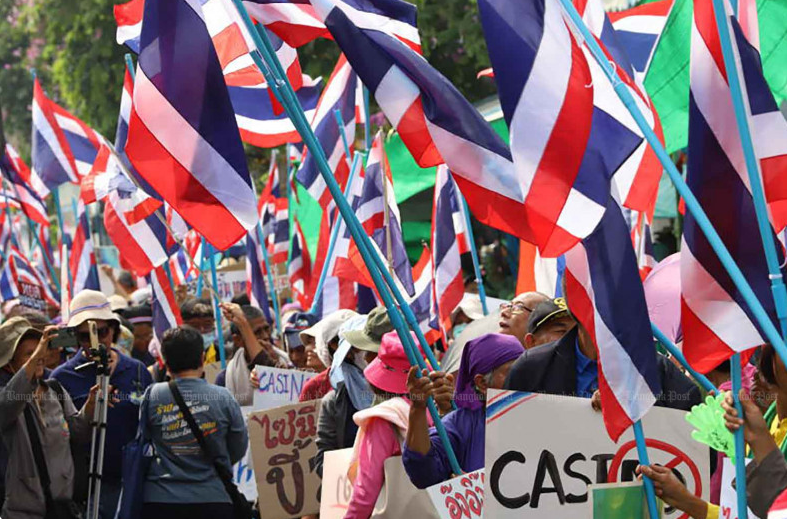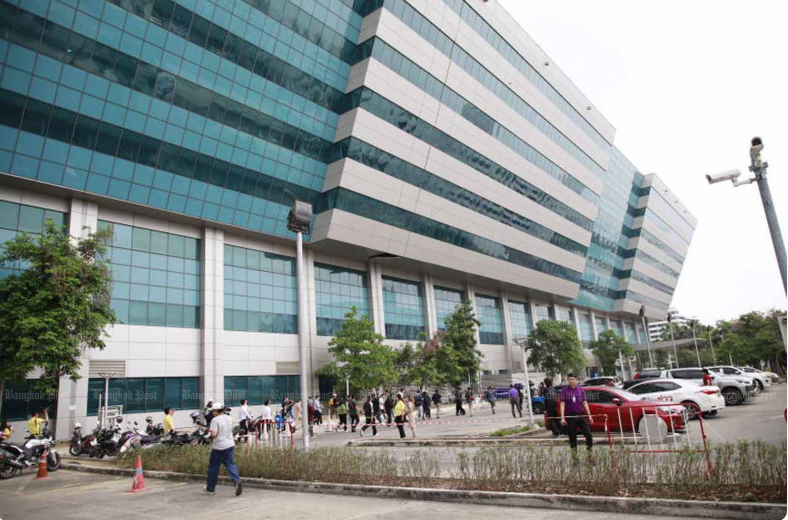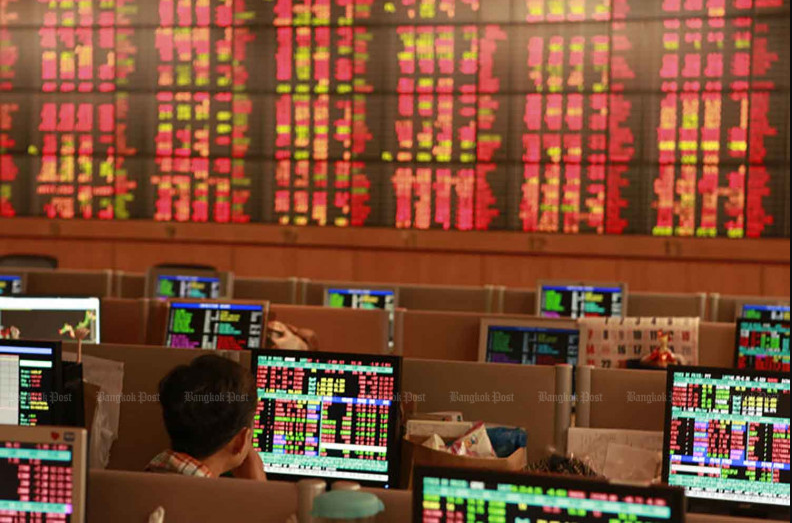Thai ESGX fund may insulate stocks from losses
An analyst at Krungthai XSpring Securities believe the Thai ESG Extra (ESGX) fund endorsed by cabinet earlier this week could help alleviate downside risks for the Stock Exchange of Thailand (SET) index to limit weaknesses and support a recovery in the index toward a range between 1,250-1,300 points amid continued worries that economic growth will weaken.
The cabinet on Tuesday endorsed the establishment of the Thai ESGX fund, which allows investments to be transferred from a long-term equity fund (LTF) and grants further tax-deductible investments worth up to 300,000 baht for purchasing Thai ESG units.
Switchers qualify for a personal income tax deduction up to 500,000 baht, of which 300,000 baht can be deducted in the current year, while the remaining 200,000 baht can be claimed in annual increments of 50,000 baht from the second to the fifth year.
Investors switching their LTFs must transfer their entire LTF investment to the Thai ESGX fund. Transfers must take place between May and June this year.
A tax deduction is also offered for May and June Thai ESG purchases of 300,000 baht maximum deduction.
The amount of LTF investment outstanding totals an estimated 180 billion baht.
Kavee Chukitkasem, chief of portfolio advisory at Pi Securities, called the launch of the Thai ESGX fund a positive sign as it could slow down LTF redemptions temporarily, and provide new liquidity in the stock market for two months.
However, the new ESG fund has less attractive tax benefits than LTFs in the past. Investors could deduct 500,000 baht in LTF investments, and another 500,000 in retirement mutual funds (RMFs) and provident funds, together totaling 1 million baht.
High-income earners (those with a monthly salary of 200,000-300,000 baht) are especially likely to find the Thai ESGX fund attractive because they can maximise their tax deductions effectively, he said.
However, the Super Savings Fund (SSF) is still an option for working class investors as it permits international diversification. On the downside, SSF investment is a 10-year commitment, so it is not as popular.
Such investments may be switched into the Thai ESGX fund by investors with matured RMF investments (i.e. those who are 55 and older).
Along with the state-run Vayupak 1 Fund investing in Thai equities, the Thai ESGX fund should help stabilise the stock market, with Kavee predicting the index to have support at 1,100 points and resistance at 1,300 points. The market is still wary of economic conditions so, prior resistance at 1,280 points is not expected to see a strong push rally, he added.
“If the economy remains weak, the support funds will not step in aggressively to buy stocks. But with new tax incentives boosting the market, the SET index is unlikely to fall below 1,000 points,” said Mr Kavee.
Potential upside for the SET index hinges on global and Thai economic conditions, he said.
“Foreign investors still have concerns about uncertainty in Thai policies, the instability of the coalition government, and slowing global and Thai economic growth, resulting in a negative trend of Thai equities,” said Mr Kavee.










